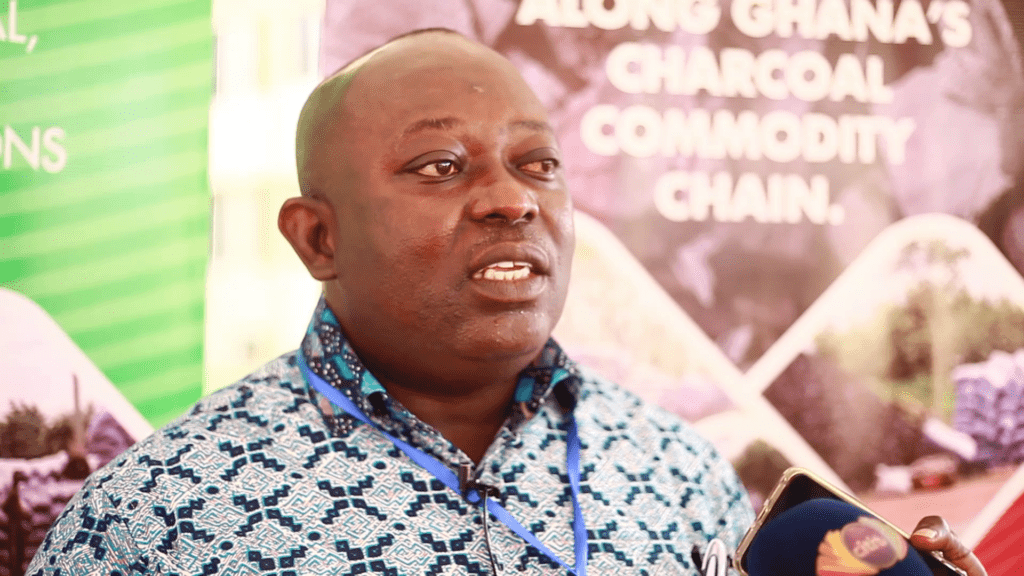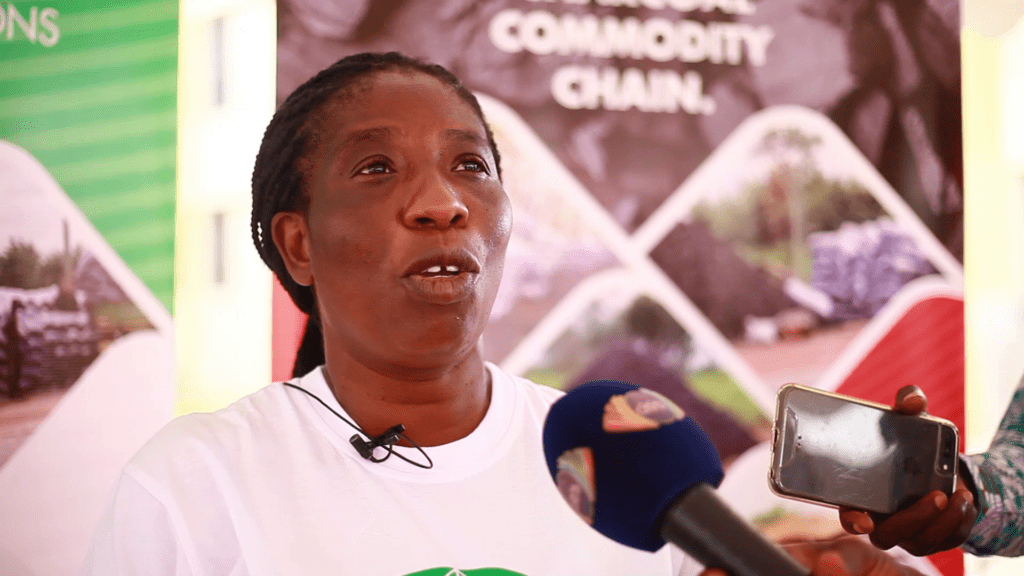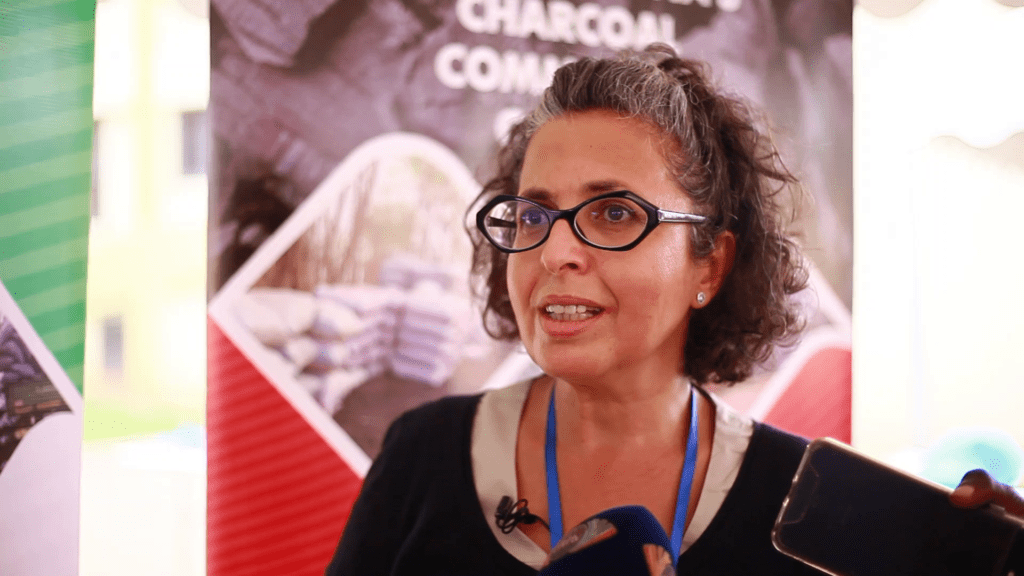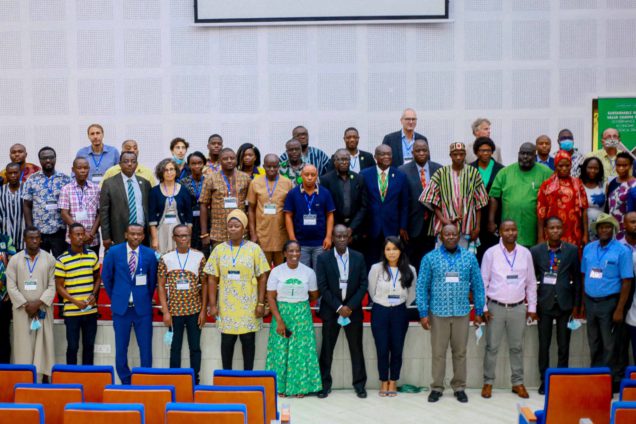About five hundred scientists and researchers are meeting at the KNUST to fashion out ways of enhancing the sustainable production of charcoal across Africa.
The conference is connecting policymakers and the private sector to advocate and explore strategies for scaling up.
Research shows wood fuel constitutes over 70 percent of the energy needs for cooking and heating in sub-Saharan Africa.
Scientists have observed consumption is on the rise, but accessibility to many households is characterized by poor harvesting and processing practices.

Professor Emmanuel Acheampong is the principal investigator of the conference.
“We are looking at ways in which we can enhance the contribution of charcoal to livelihoods while avoiding the undermining of raw materials on which charcoal is based. We need to find innovative ways to produce charcoal”, he said.
He then indicated that “A major solution is for institutions to establish their own woodlots so they can produce charcoal sustainably.”
The Conference's objective is to promote understanding and sharing of knowledge and good practices among scholars and practitioners in the wood fuel sector.

Dr Christian Pilegaard Hansen, from the University of Copenhagen, is the Project Organiser.
He said, “there is a risk for plantation if charcoal production is not done properly. It can dispossess people living on the land for livelihoods.”
“Government institutions like the Ministry of Land and Natural Resources and the Ministry of Energy can formalize the sector to regulate the way charcoal is produced and traded in this country”, he added.
The three-day conference was organized by the University of Copenhagen in partnership with Tropenbos Ghana, KNUST, the UN Food and Agriculture Organization, World Agroforestry and other international agencies.

Director of Tropenbos Ghana, Mercy Owusu-Ansah, said, “all stakeholders in the wood fuel production should come together to push the agenda.”
She said her outfit, “is ensuring leaders are sharing ideas and responding to issues on sustainability.”'

FAO Regional Office representative, Nora Berrahmouni reiterated the need for the forest to be restored.
She says, “restoration is not only at planting but also having good support and formalization of the sector. We must ensure people use the sustainable standard in production, and management of the forests as well as supply.”
Latest Stories
-
Paris 2024: Opening ceremony showcases grandiose celebration of French culture and diversity
3 hours -
How decline of Indian vultures led to 500,000 human deaths
4 hours -
Paris 2024: Ghana rocks ‘fabulous fugu’ at olympics opening ceremony
4 hours -
Trust Hospital faces financial strain with rising debt levels – Auditor-General’s report
5 hours -
Electrochem lease: Allocate portions of land to Songor people – Resident demand
5 hours -
82 widows receive financial aid from Chayil Foundation
5 hours -
The silent struggles: Female journalists grapple with Ghana’s high cost of living
5 hours -
BoG yet to make any payment to Service Ghana Auto Group
5 hours -
‘Crushed Young’: The Multimedia Group, JL Properties surprise accident victim’s family with fully-furnished apartment
6 hours -
Asante Kotoko needs structure that would outlive any administration – Opoku Nti
6 hours -
JoyNews exposé on Customs officials demanding bribes airs on July 29
7 hours -
JoyNews Impact Maker Awardee ships first consignment of honey from Kwahu Afram Plains
8 hours -
Joint committee under fire over report on salt mining lease granted Electrochem
8 hours -
Life Lounge with Edem Knight-Tay: Don’t be beaten the third time
8 hours -
Pro-NPP group launched to help ‘Break the 8’
8 hours

